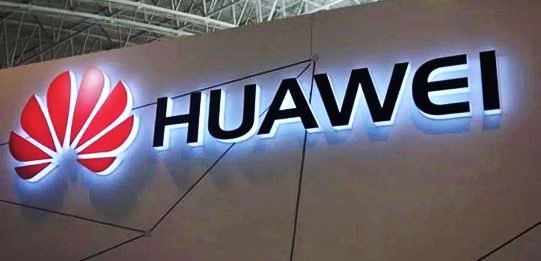New Delhi: Telecom equipment from China may face fresh curbs after the Cabinet Wednesday cleared a proposal to secure telecom infrastructure by designating a ‘trusted source’ for the purchase of equipment by service providers.
Briefing reporters after the meeting of the Cabinet Committee on Security headed by Prime Minister Narendra Modi, Law, Telecom and IT Minister Ravi Shankar Prasad said a National Security Directive on Telecommunication Sector has been framed keeping in mind the national security.
“Considering the need to ensure India’s national security, the Cabinet has accorded approval for the National Security Directive on Telecommunication Sector,” Prasad said.
Under the provisions of this directive, the government will declare a list of trusted sources and trusted products for installation in the country’s telecom network.
“The methodology to designate trusted products will be devised by the designated authority, the National Cyber Security Coordinator. Telecom service providers are required to connect new devices that are designated trusted products,” Prasad said.
In recent months, India has banned the import of equipment from China for use in sectors ranging from telecom to power citing national security reasons. These bans were driven by concerns such as spyware or malicious software – known as “malware” – being embedded in the imported equipment.
“The list of the trusted source and product will be decided based on approval of a committee headed by the deputy national security advisor.
“The committee will consist of members from relevant departments, ministries and will also have two members from the industry and independent experts. The committee will be called the National Security Committee on Telecom,” Prasad said.
The government will also create a list of designated sources from whom no procurement can be done.
“The present directive does not envisage mandatory replacement of the existing equipment already inducted in the network of TSPs,” the minister said.
Last year, the government banned imports of Chinese handsets without the International Mobile Equipment Identity, or IMEI, number, again citing security reasons such as the use of stolen handsets to make terror or hoax calls.
The IMEI number of a mobile phone is a 15-digit number unique to every mobile handset. It prevents stolen handsets from making calls and allows security agencies to track down a specific user.
Prasad said the directive will also not affect annual maintenance contracts or updates to existing equipment already inducted in the network as on the date of effect of the directive.
The directive has provisions to qualify telecom gears made by domestic players in the trusted category.
“Those that meet the criteria of the Department of Telecommunications’ preferential market access (PMA) scheme will be certified as India trusted sources.
“The National Security Committee on Telecom will take measures to increase the use of equipment from such Indian trusted sources,” Prasad said.
The PMA scheme gives weightage to telecom gears developed and manufactured by indigenous companies.
The DoT will suitably notify guidelines and ensure monitoring of compliance by telecom service providers of the directive.
“The Department of Telecom will make appropriate modifications in the licence conditions for the implementations of the provisions of the directive. The policy will come into operation after 180 days from the date of approval,” Prasad said.
PTI






































